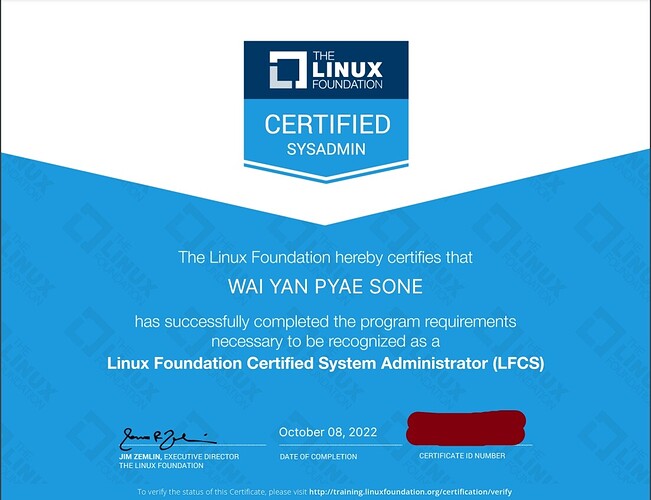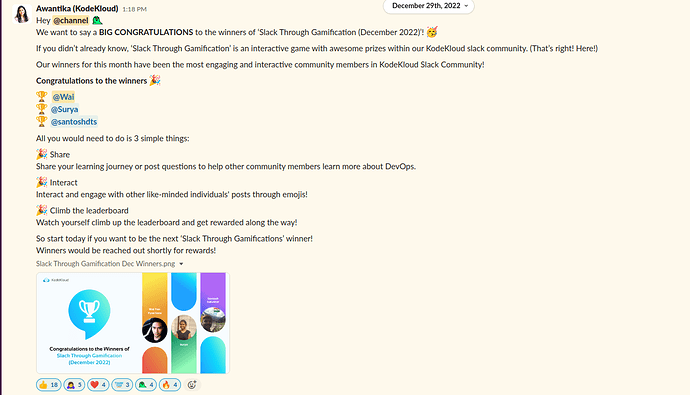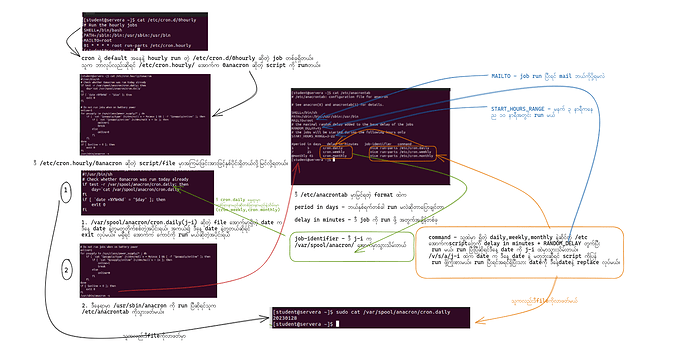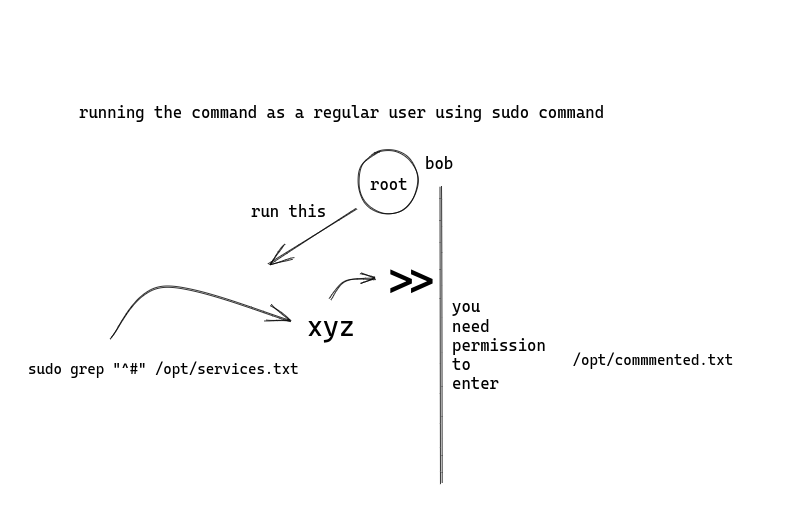What is LFCS?
The Linux Foundation Certified System Administrator (LFCS) certification is a popular and highly respected credential for professionals seeking to demonstrate their expertise in Linux system administration. The LFCS certification is designed to validate the knowledge and skills required to manage and operate Linux systems at an intermediate level.
The certification covers essential system administration tasks such as managing user accounts and permissions, managing storage, configuring networking, managing processes and services, and securing Linux systems. The certification exam is rigorous and comprehensive, and passing it requires a solid understanding of Linux system administration concepts, as well as practical experience managing Linux systems.
Earning the LFCS certification can enhance a professional’s career prospects, demonstrating to employers that they have the knowledge and skills needed to succeed as a Linux system administrator.
Motivation
Since joining the Kodekloud community in August 2022, I had not considered sharing my experience until I encountered inquiries such as “What is the duration required to study for and pass the LFCS exam?”, “Is Kodekloud’s LFCS preparation course sufficient to clear the exam?”, and “Is the LFCS course suitable for beginners?” It was then that Trung’s posts on CKA and CKS inspired me to share my knowledge with the community.
Fun Fact : At the time of writing this article, I hold the 6th rank with 4125 point(s) among the top contributors in the Kodekloud Slack community.
Despite my experience with Ubuntu over the past four years, my knowledge of Linux commands was limited to basic commands such as “sudo apt-get update,” “sudo apt-get upgrade,” “cd,” and “ls.” I was hesitant to try out Linux commands in the terminal and instead relied on right-clicking to copy, move, or delete files.
Prior to joining Kodekloud, I had taken several online courses on Linux system administration, but I had not had the opportunity to practice Linux commands in the terminal. I watched lectures and took notes, but I never attempted hands-on labs as I was worried about the potential errors and breaking my operating system.
However, after joining Kodekloud, I enrolled in their LFCS (Linux Foundation Certified System Administrator) preparation course taught by Arron, which gave me the confidence to experiment with Linux commands without the fear of making mistakes. While the LFCS course and exam can be overwhelming for those unfamiliar with Linux, I have some study tips that I would like to share in the following section on “How to study for the LFCS preparation course and successfully pass the exam.”
As a disclaimer, I am not affiliated with Kodekloud nor am I promoting their course.
“How I Studied for the LFCS”
It took me two months to prepare for the LFCS exam from scratch, and my study routine involved watching videos and completing labs and mock exams for a month and fifteen days, re-watching videos at 1.5x speed, and reviewing notes for five days, and finally dedicating ten days to labs, mock exams, and other resources. During that time, I spent 3-4 hours every day learning.
In my opinion, there are two essential parts to the LFCS lectures: understanding the concepts and learning the commands.
Concepts
To start my study process, I prioritized understanding the concepts presented in the lectures over memorizing commands shown on the screen. If I encountered a concept that was unclear to me, I paused the video and rewatched it from the point where I started to lose track. In some cases, it was necessary to watch the entire video in order to find the answer to my question. For concepts that I was unsure about, I would search for additional information online and then write down my own explanation of the idea in a visual format using a tool like Excalidraw. This process helped me better understand the material and retain the information in my own words.
Commands
The next step involves becoming familiar with the commands. To achieve this, during the lecture, I practiced typing the commands in the terminal. I would attempt to input the command ahead of the instructor and then compare my input with the lecture’s commands. This method proved effective in helping me gain a better grasp of the commands.
Keep in mind that memorizing commands is not enough to pass the exam. You need to practice, practice, and practice. This is where the labs come into play. KodeKloud has provided a great platform for practicing labs. You can spin up a lab environment in just a few clicks and start practicing.
In the labs, I tried to complete the tasks without looking at the solutions. If I got stuck, I would try to solve the problem myself by Googling or by using the help command. If I still couldn’t solve the problem, then I would look at the solution and try to understand it.
Mock exams are also essential for preparation. I took mock exams after completing the videos and labs. This helped me to identify my weak areas and focus more on those topics.
Conclusion
Becoming a Linux Foundation Certified System Administrator is not an easy task, but with the right preparation and practice, it is achievable.
My study tips may not work for everyone, but I hope they will be helpful to someone.
Don’t be afraid to break things and make mistakes, as that is how we learn. Good luck on your journey to becoming a Linux Foundation Certified System Administrator!
- Tips for Contributing to the Kodekloud Slack Community and Advancing to the Top Ranks
-
What is LFCS?
Linux Foundation Certified System Administrator (LFCS) Exam -
KodeKloud’s LFCS preparation course
Linux Foundation Certified System Administrator (LFCS) | KodeKloud -
Trung’s “How to nail the Certified Kubernetes Administrator exam on the first attempt?”
How to nail the Certified Kubernetes Administrator exam on the first attempt?



